If you have never been hacked before then that is great news, however, if you are someone who has had the unfortunate issue of being at the end of a hackers grip, you know how frightening it can be as your online security has been breached and you feel vulnerable that they were able to gain access to your personal information.
Enter a Virtual Private Network, also known as a VPN. When you are online, the VPN you have installed will filter your internet traffic through a VPN server so it can be encrypted to stop prying eyes from getting access to your searches and information, and put a stop to any tracking they try and do.
Your internet connection is safe with a secure VPN connection, and you don’t have to worry about hackers looking into your activity through your internet service provider (ISP).
However, just because your VPN server can put a stop to this, doesn’t mean you are always secure. Today we will discuss how a VPN protects you and how it may not be able to help you.
Without further delay, let’s answer the most important question – “does a VPN protect you from hackers and keep you safe online?
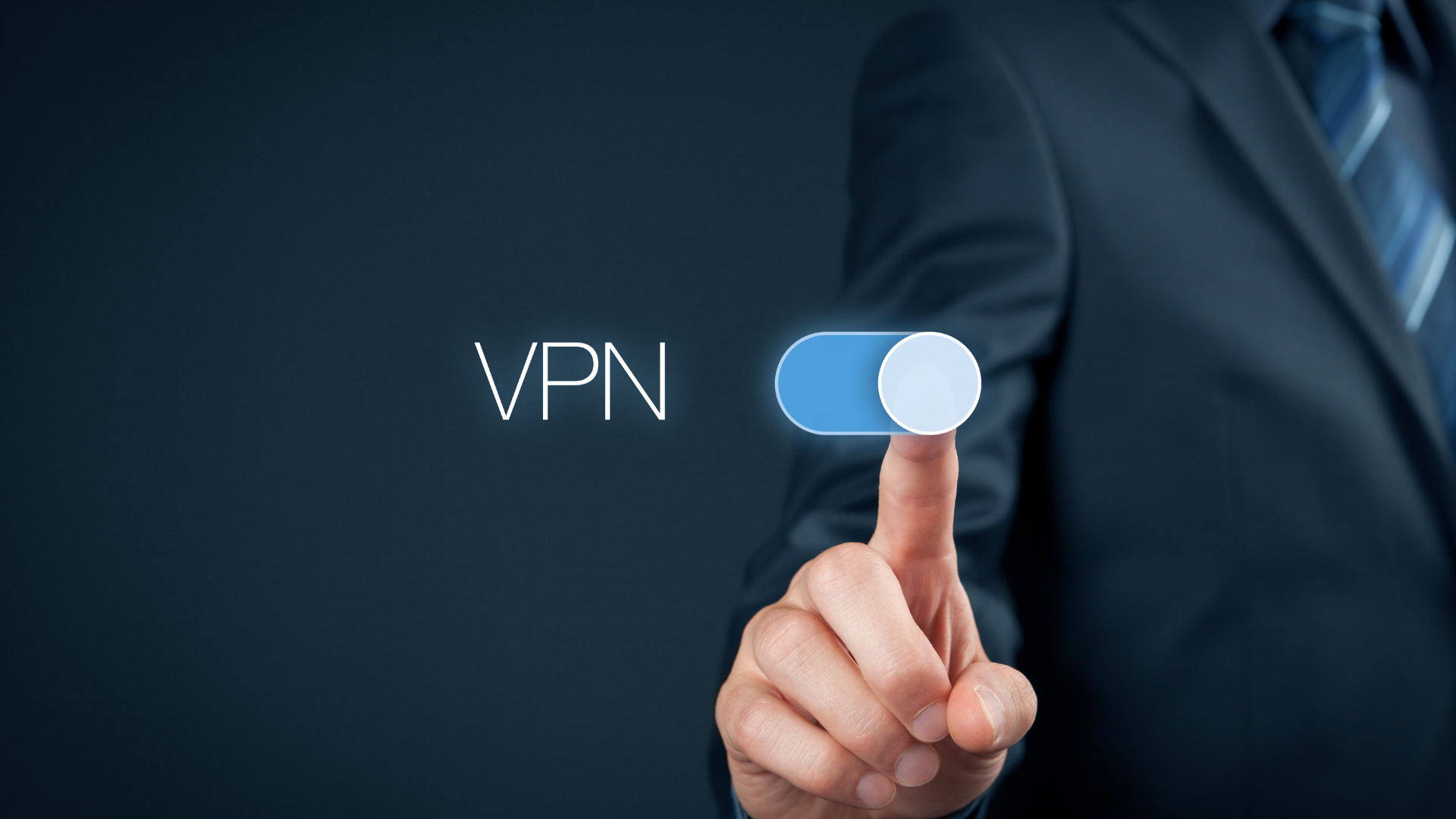
How Does VPN Encryption Work?
A Virtual Private Network (VPN) plays a crucial role in securing your online activities. It functions by encoding the data that enters and exits the network, rendering it unintelligible to any unauthorized individuals who may attempt to access it. When your connection lacks proper security measures, the exchanged data remains vulnerable and easily readable by potential eavesdroppers.
By utilizing a VPN service, perhaps like expressVpn China, your data undergoes encryption, transforming it into an intricate jumble of characters that is impossible to comprehend without the decryption key. This encryption shields your information from cybercriminals, prevents unwarranted surveillance activity from local authorities, and also prevents the interception of your internet traffic.
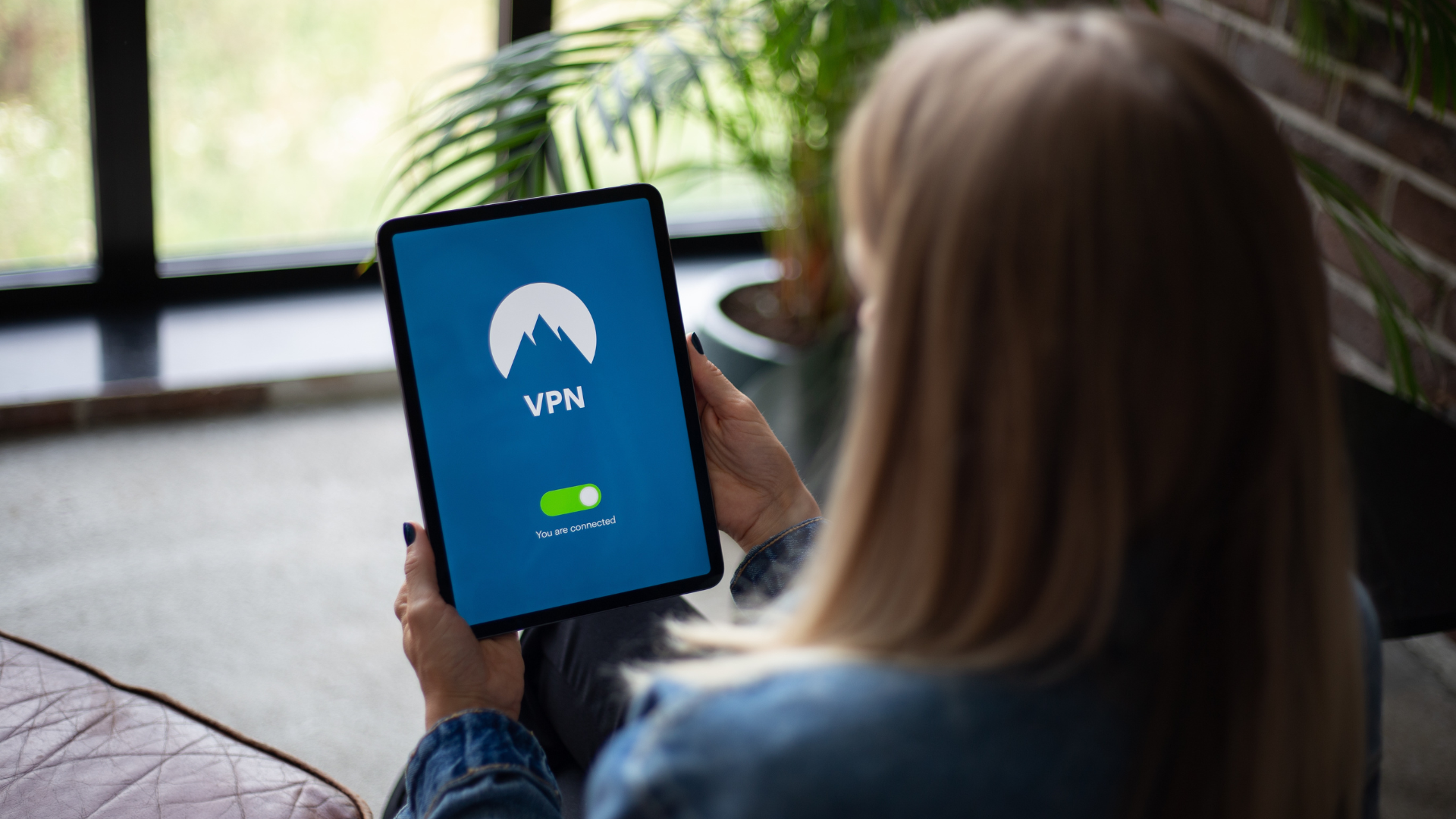
Can Hackers Break a VPN Encryption?
Virtual private networks are seen by people as unbreakable, however, hackers build on their skills all the time, and if a VPN has to keep protecting people’s computers, laptops, and phones, they need to build on their own skills too.
For instance, if a hacker wants to get into your system, even with a secure server with a VPN connection, they can use malicious software to get onto your system if you click a link or install it accidentally yourself.
You can use antivirus software to prevent this, but if you are only relying on a VPN provider to protect you and your internet connection, you can be at the mercy of these hackers.
If you’re interested in dive deeper into the intricacies of encryption or the functionality of VPNs, you can explore informative resources like this secure vpn blog available online.
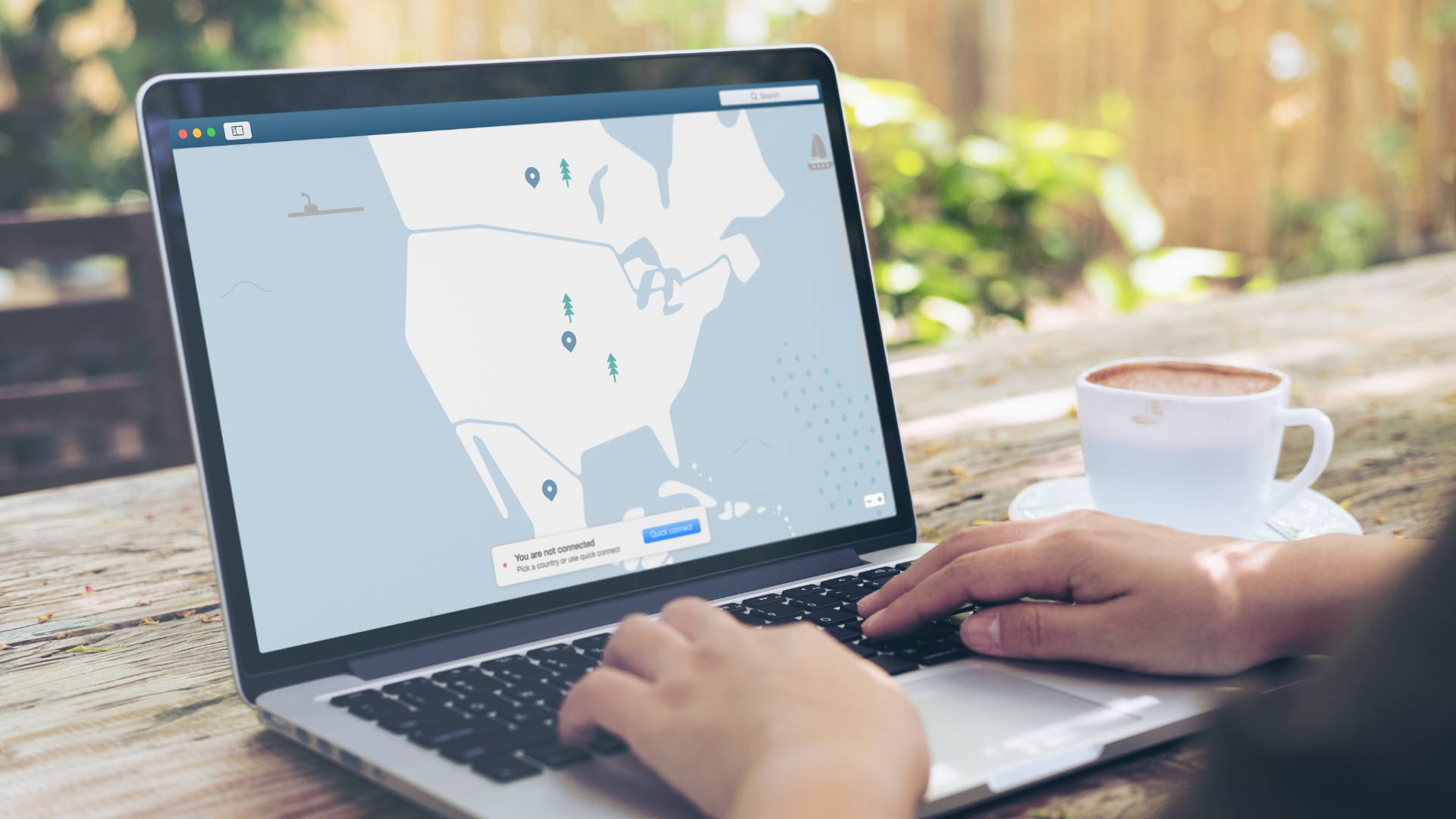
Stealing Encryption Keys
Hackers can steal encryption keys to systems, which is not your fault, it is the fault of the VPN providers as they should make sure that their online data is impenetrable by hackers. If they do not put the right protocols in place, then the online accounts of VPN users can be hacked due to their negligence.
Human Error
With a brain comes error, and humans will be an issue when it comes to security. If a VPN service does not provide a solid network that ensures a secure connection and online protection, then it is left vulnerable.
One slip-up by an employee who does not use the right security measures and leaves operating systems vulnerable can help hackers with gaining access.
This is why people should also be aware of free VPNs, as it is not guaranteed that they will be secured. A VPN hides your online activity, a free VPN may not offer that same level, so hackers could come for this type of VPN server first.
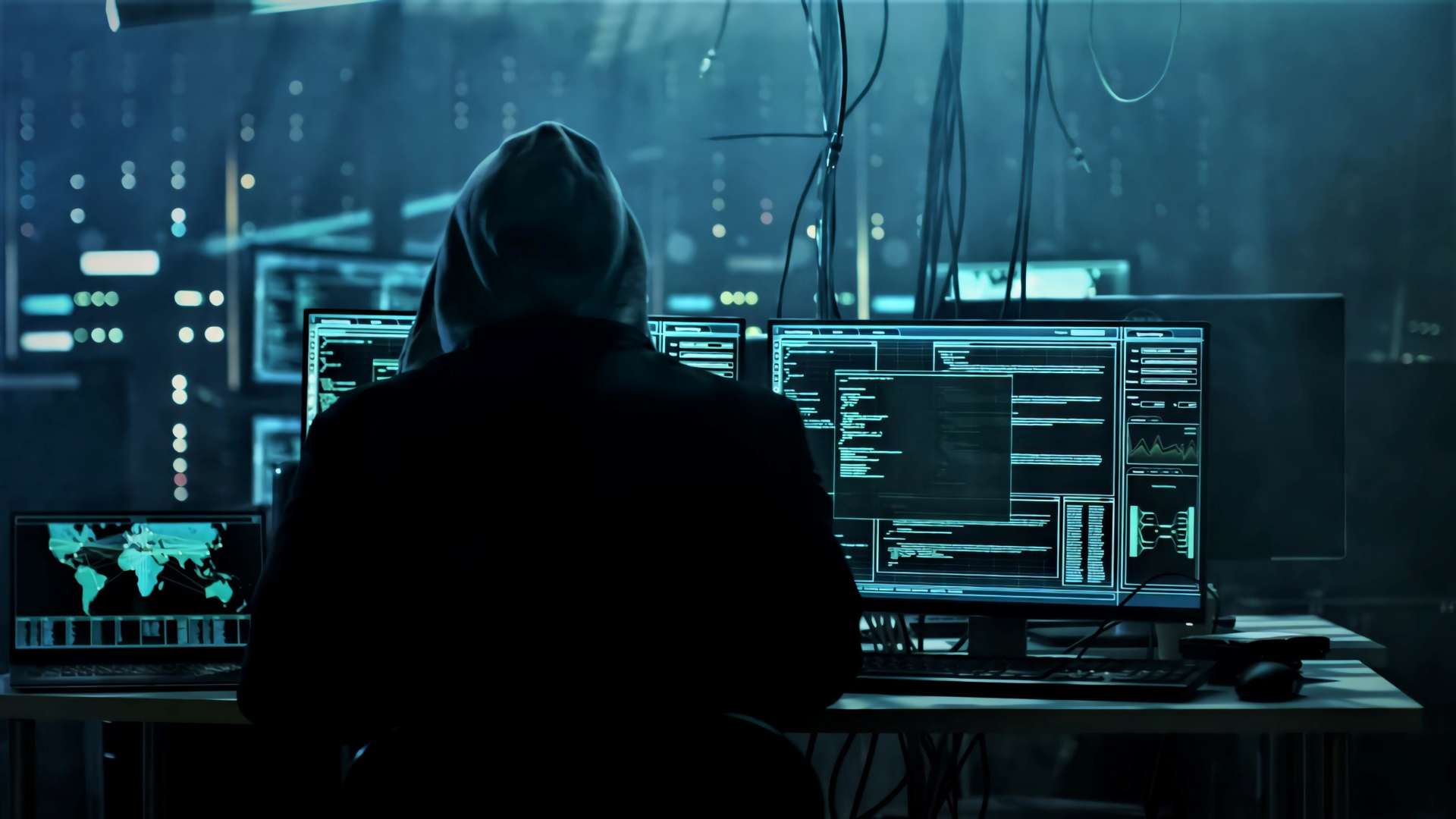
Different Types of VPNs
There a quite a few VPNs out there for people to check out, but there are 3 main ones that are the most well-known and used.
Remote Access VPNs
This type of VPN connects you (the user) to a remote server, and then connects you to a private network that protects your IP address.
These types are very easy to set up and secure your data so that your browsing history is safe, and you can also change where your VPN is so you can look at websites that have restricted access due to their location. E.g. watching British Netflix when you are in America.
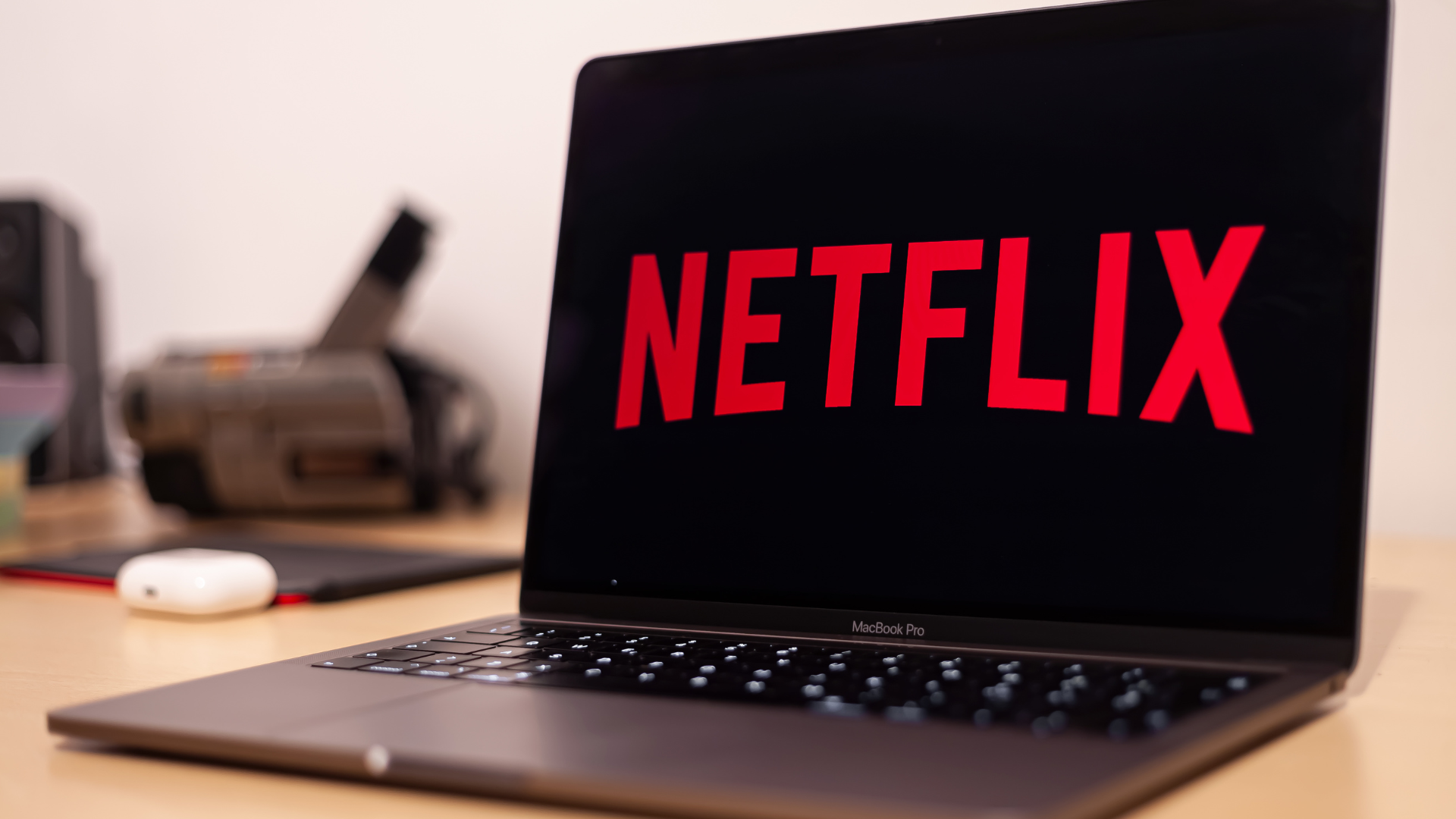
Site-to-Site VPN
This is a private network that will disguise private intranets so that users can go into each other’s resources securely. These types of VPNs are used in large-scale companies so that employees are able to share files safely if they are within the same network.
They are not as flexible as remote access VPNs but they are fine to use within these companies so that anything sent or communicated is secure.

Client-to-Provider VPN
The user is connected straight to their VPN provider. Instead of the information going through an ‘encryption tunnel’ this VPN automatically encrypts the data before making its way to the user.
It stops any interference by third parties on a public wi-fi connection, so it blocks them from trying to access what people are doing on public wi-fi which can be dicey especially as it is open to all.
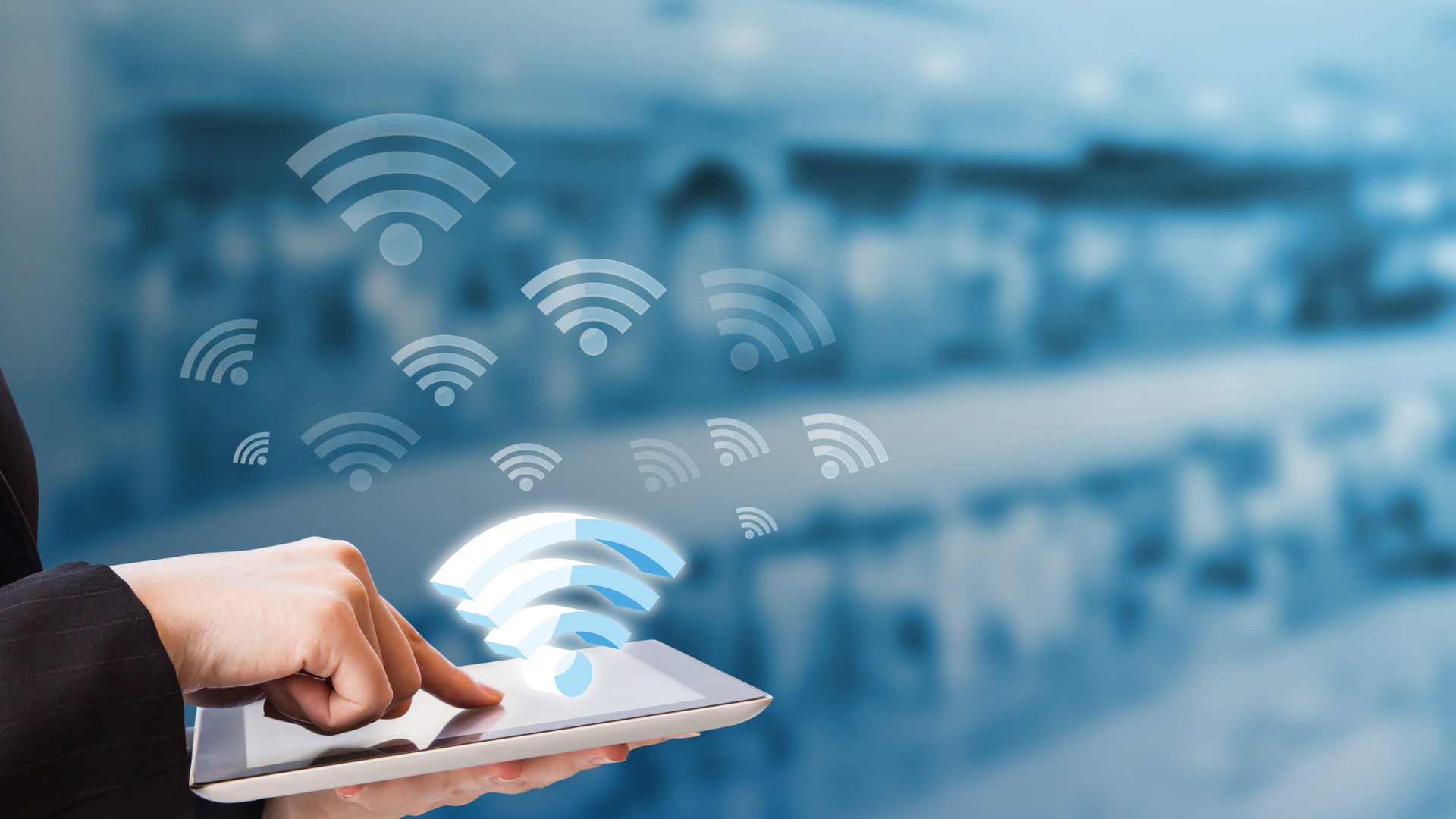
What Can a VPN Protect You Against?
There are hacks that a VPN will protect you against so you can plan what you need accordingly when deciding whether you need a VPN or not.
Cookie Theft
Hackers can see what cookies you have and where you are browsing without a VPN. So if you are using your banking app when out and you are connected to one of the public wi fi networks, then you are vulnerable. A VPN can put a stop to that.
Malware
If you already have malware on your system a VPN will not do you any good as they are preventative rather than a solution. However, specific VPNs can protect you from hackers if you happen upon a malicious website.
DoS/DDoS Attacks
Also known as denial of service attacks which is where hackers will send a lot of empty data to try and overload a service so that it will crash. This can happen incredibly easily as an IP address is all they need to get this done.
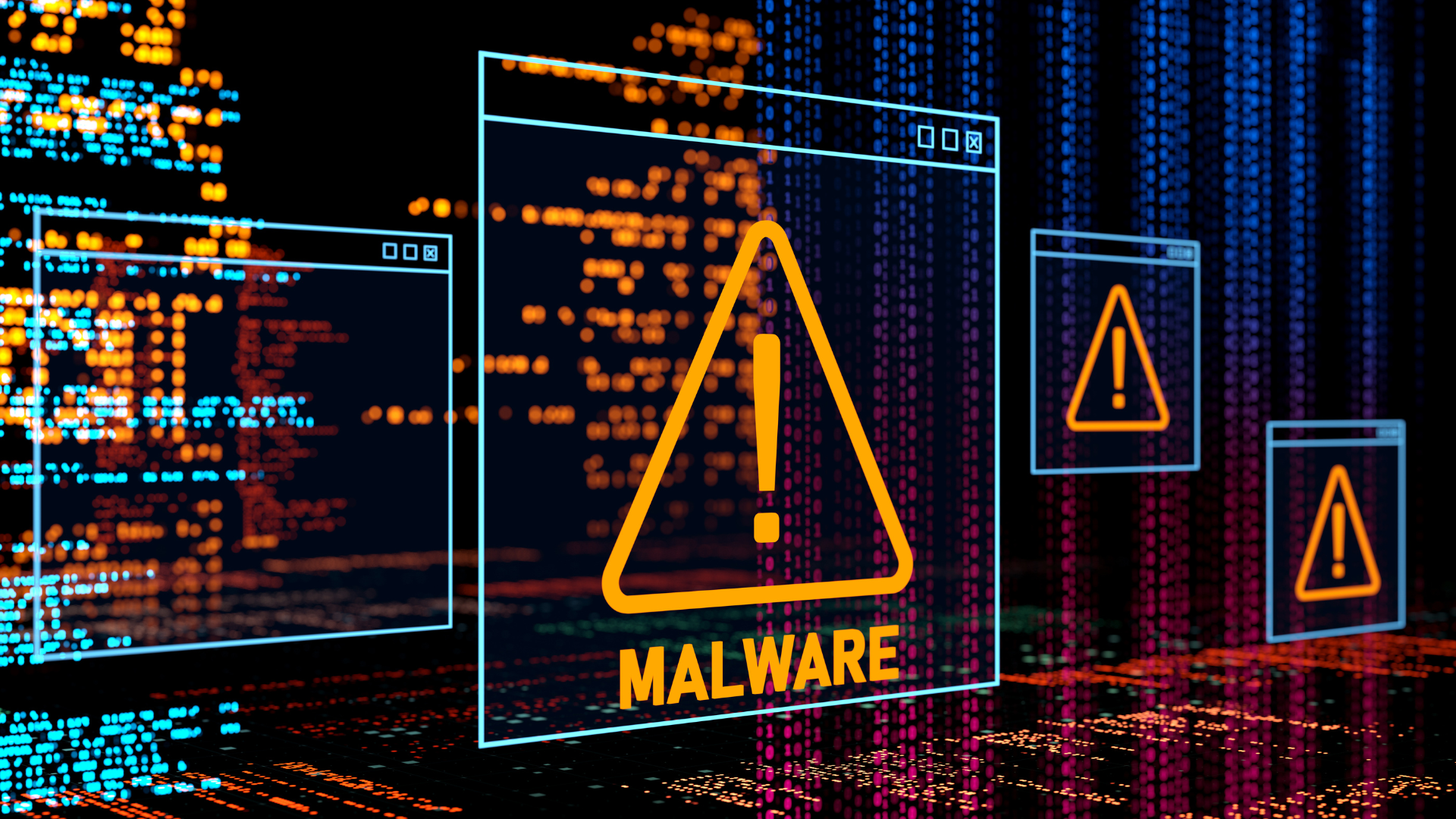
Is a VPN Worth it?
After seeing what can happen to your systems without a VPN to protect you, you can surmise that it may just be the best possible form of online protection so that your data is not compromised and you are not at the mercy of hackers who want to get their hands on your details.
Conclusion
It is an unfortunate truth that in this day and age, hackers are more rampant than ever. Everyone is at risk in some way, so we have to all make sure our online activity is safe and we put in the correct security measures to ensure that we are not going to get hacked.
Whilst it may seem frustrating to have to do all of this just to browse securely online, it is now the best thing to do for everyone. Yes, a VPN can protect you from hackers, but you need to also be vigilant about what you do online and where you go. A VPN can only go so far.





